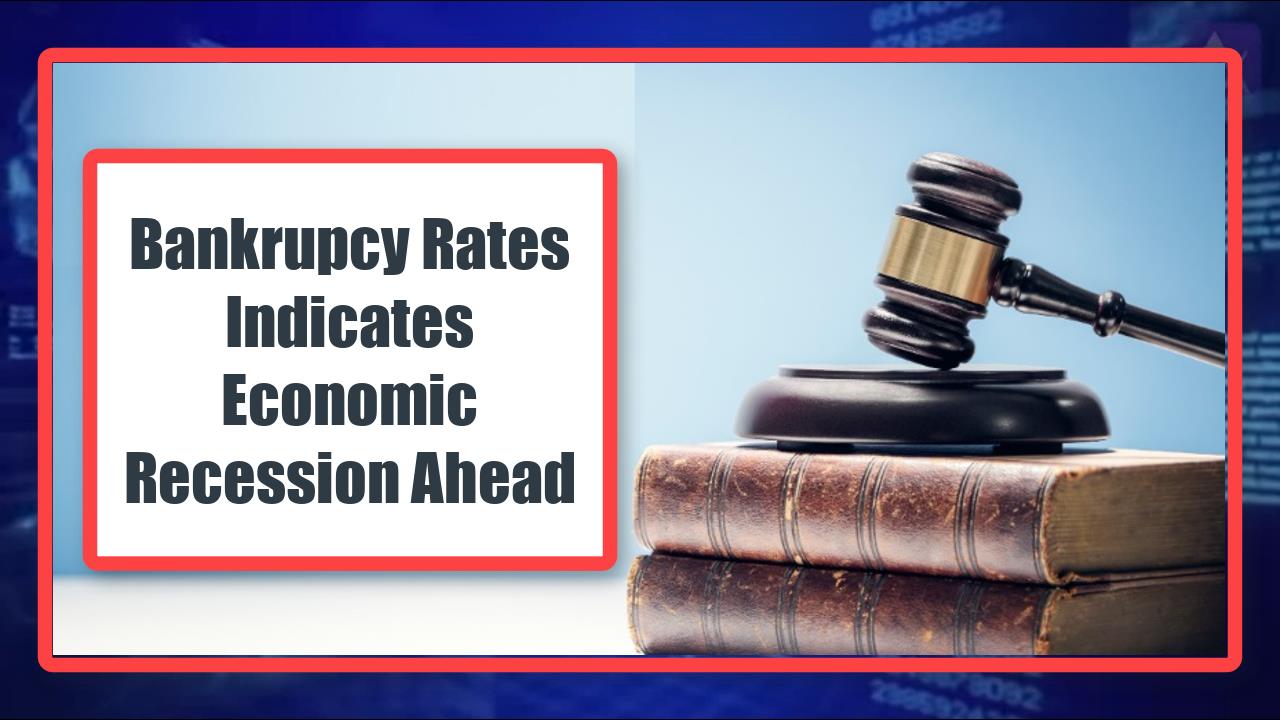Video:
Take our online poll:
AI Analysis:
Bankruptcy can have significant effects on both individuals and businesses. For individuals, bankruptcy often leads to a loss of assets, such as homes or vehicles, as they may need to be sold to repay debts. It can also severely impact their credit score, making it difficult to secure loans or credit in the future. Furthermore, bankruptcy can have a long-lasting emotional toll on individuals, causing stress, anxiety, and a sense of failure. Rebuilding financial stability and regaining trust from lenders can be a challenging process after bankruptcy.
When it comes to businesses, bankruptcy can result in the closure of operations and the loss of jobs for employees. It can also lead to the liquidation of assets, including inventory, equipment, and real estate. Suppliers and creditors may face significant losses if they are unable to recover their outstanding debts. Moreover, bankruptcy can damage a company's reputation and make it challenging to attract new investors or partners in the future. Overall, the effects of bankruptcy on businesses can be far-reaching and have long-term consequences.
Credit risk refers to the potential for a borrower to default on their financial obligations, resulting in losses for lenders or investors. The effects of credit risk can be significant for financial institutions, as they may suffer financial losses and have to set aside additional capital as provisions for potential defaults. Lenders may also face higher borrowing costs as a result of increased credit risk, which can reduce their profitability. In addition, credit risk can lead to a contraction in lending activities, as lenders become more cautious in extending credit to borrowers with higher perceived risk. This can have a negative impact on economic growth and investment.
References:


Comments